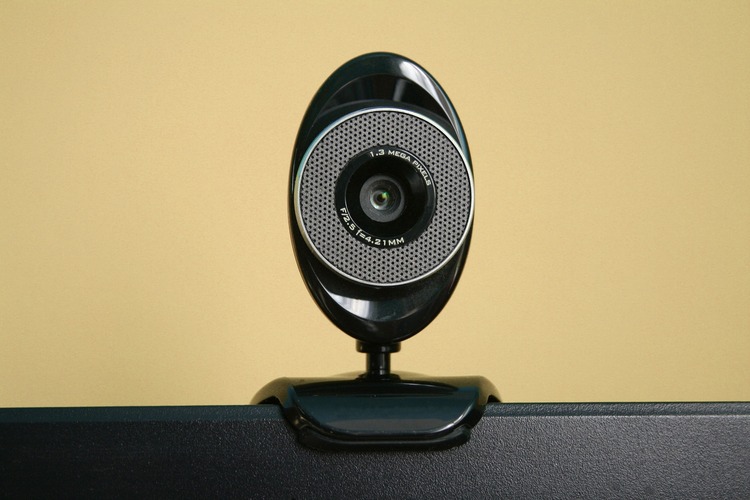More than 15,000 webcams globally remain hackable

More than 15,000 private webcams around the world -- many of which are located inside houses -- could be tapped, discovered Wizcase. All it takes to do so is a simple internet connection.
White hat hacktivist Avishai Efrat has located more than 15,000 potentially accessible webcams, which could expose a plethora of identifying and compromising information to cyber-criminals.
"Some examples of camera that were accessible include those at shops, inside the kitchens/living rooms/offices of private family homes – including a live feed of people on the phone and children peeking at the camera directly, tennis courts, storage units, hotels, museum security feeds, churches, mosques, parking lots, gyms, and more," said the Wizcase blog post on the discovery.
The loopable devices include those made by market leaders such as AXIS net cameras, Cisco Linksys webcam, IP Camera Logo Server, IP WebCam, IQ Invision web camera, Mega-Pixel IP Camera, Mobotix, WebCamXP 5, and Yawcam.
"These devices seem to be prone to be accessed remotely if no additional security measures are taken after installation," said the blog post. Thousands of such devices were located across the Americas, Europe, Asia and Australia.
What makes web cams susceptible to hacking is the fact that they need to be accessed remotely, either by the users or by the manufacturer’s servers.
"In basic terms, using port forwarding means making the camera accessible through your computer’s external IP (your router). This is usually done automatically using a set of network protocols called UPnP in order to avoid technical manual configurations. This is the step which basically makes the device accessible from the external network using a defined port on the external IP," said the blog post.
"Without further precautions such as password authentication and IP/MAC address whitelisting, this is insecure."
End-users have to be diligent above and beyond simply securing such devices, said Jan van Vliet, EMEA VP and GM at Digital Guardian.
"It is foolish to assume that just because we purchase an IP-enabled device and add it to our environments that the device in question is secure or that our networks are secured to the point of mitigating unwanted/unauthorised bi-directional communication and control," he said.
The focus of ease in assembling the system often compromises security, said the Wizcase blog post.
"Web cameras manufacturers strive to use technologies which make the device installation as seamless as possible but this sometimes results in open ports with no authentication mechanism set up. Many devices aren’t put behind firewalls, VPNs, or whitelisted IP access – any of which would deny scanners and arbitrary connections. If these devices have open network services, then they could be exposed," it explained.
"Programmers nowadays are no longer scientists. They are fitters – assembling third party libraries, components and tools to create the desired application. They are doing this without a clear understanding of the underlying principles of how these libraries work at a fundamental level," noted Stephen Gailey, head of solutions architecture at Exabeam.
"Any failure in one of these software components, any lack of understanding in how to assemble them – or even in how they interact with the rest of the Internet – is likely to lead to significant future vulnerability. As in this case, even a simple operational error could leak users’ data," he added.
Manufacturers and vendors have a growing responsibility, especially in the IoT space, said van Vliet of Digital Guardian. "Ideally, all devices should be assessed for risk at the manufacturer and then again by those who are responsible for selling/implementing them in enterprises."
Security is a shared responsibility between vendors and consumers, said Jonathan Knudsen, senior security strategist at Synopsys.
"Vendors are responsible for minimising vulnerabilities in the design and implementation of their products. Consumers are responsible for deploying products in configurations that meet their own goals," he said.
He finds it unlikely that all 15,000 webcams were purposely exposed to the internet with no security controls in place, saying that probably the consumers themselves did not understand the implications when they set up these cameras.
"To some degree, consumers bear the responsibility of understanding the products they use, and understanding how they are configured and deployed," he added.
